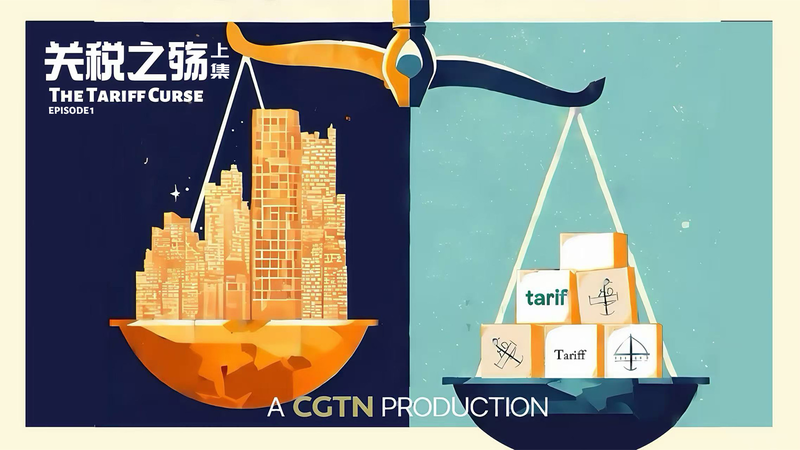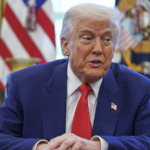Global markets shuddered this week as the United States implemented new "reciprocal tariffs" on key trading partners, triggering warnings from economists about potential stagflation risks and accelerated economic decline. The April 2 decision – mirroring strategies from contentious chapters of U.S. history – arrives amid already strained supply chains and inflationary pressures.
Analysts highlight alarming parallels with past protectionist missteps. The 1828 "Tariff of Abominations" deepened regional divisions preceding the U.S. Civil War, while the 1930 Smoot-Hawley Tariff Act worsened the Great Depression by stifling international trade. "These tariffs risk becoming a self-inflicted wound," said Geneva-based trade economist Lin Mei Chen. "U.S. manufacturing could face supply bottlenecks while domestic consumers bear higher costs."
Asian markets reacted swiftly, with tech and automotive stocks sliding on fears of retaliatory measures. The move coincides with fragile recovery efforts in Europe and cooling demand in emerging economies. As the IMF revises 2024 growth forecasts downward, all eyes remain on whether Washington will recalibrate its approach or double down on economic brinkmanship.
Reference(s):
U.S. 'reciprocal tariffs' may accelerate American economic downturn
cgtn.com








